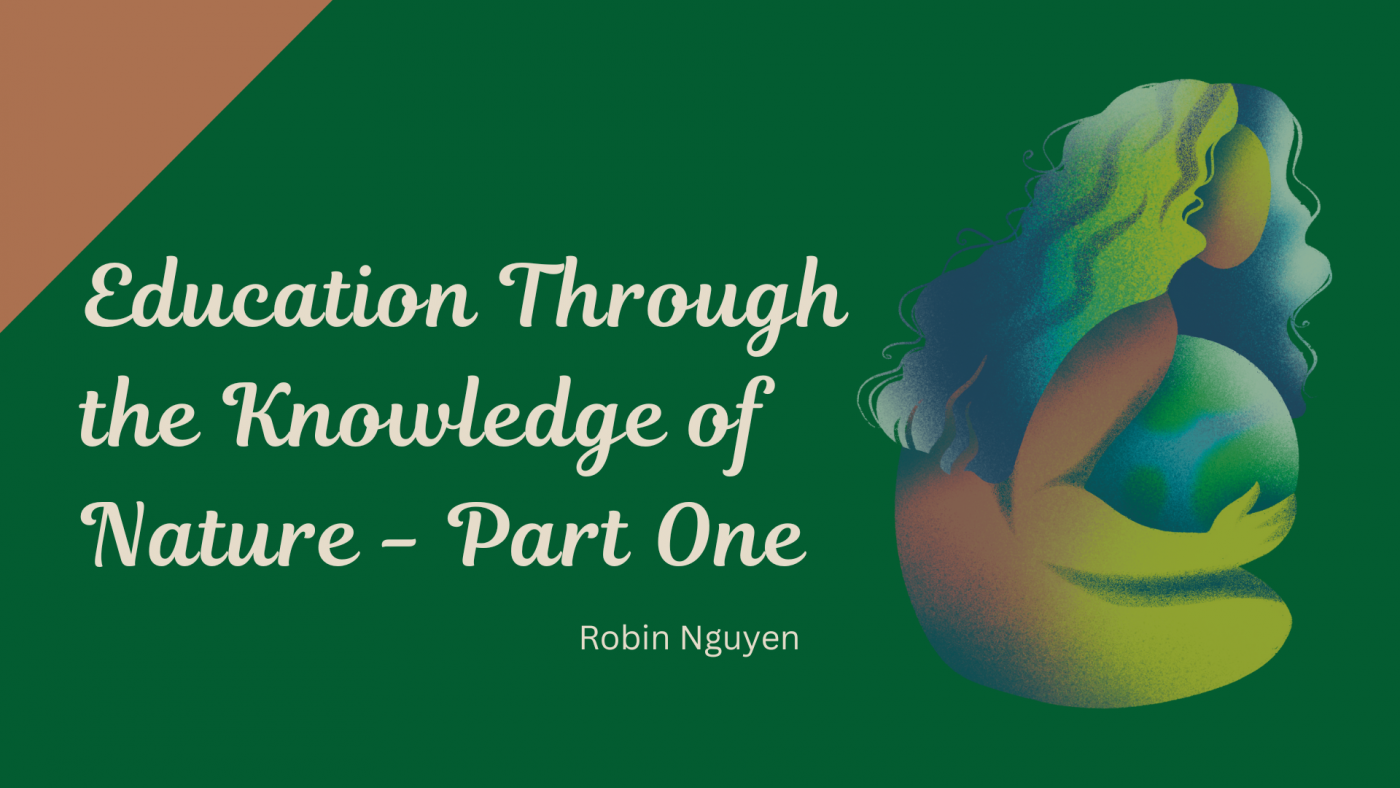Education Through the Knowledge of Nature
“One of the biggest issues today is our disconnect from nature—a trend that alarmingly extends even to younger generations.” Robin Nguyen
As an experienced educator, I am writing a series of articles titled “Education Through the Knowledge of Nature”. Through this endeavor, I aim to broaden perspectives and encourage individuals to rediscover the profound value of education alongside the love and wisdom that Mother Nature imparts.
Part one: When Fears Distance Children from Nature World
I was surprised to observe that many parents today worry about their children getting dirty. They often prevent their kids from playing in the soil or mud, as if nature itself were a source of danger. This cautious attitude reflects how modern life has gradually distanced us from the natural world. In fact, so few parents can identify different types of flowers or appreciate their meanings and benefits that they end up fearing even the simplest interactions with plants.
When I was a child, playing in the rain was one of our favorite pastimes—a joyous, spontaneous connection with nature. Nowadays, it’s rare to see children in urban settings engaged in such liberating experiences. This growing disconnect from nature is, in my view, one of the most pressing issues of our time. It has paved the way for a generation that often retreats into digital worlds such as games and social network, potentially fostering habits of isolation and self-centeredness.
Ultimately, parents are the first and most enduring teachers in a child’s life. Yet, many inadvertently instill a pervasive sense of fear—specifically, a fear of nature, our true and irreplaceable teacher. This early lesson in caution may contribute to an overreliance on screens and a diminished capacity to appreciate the natural world, a loss that is as profound as it is pervasive.
There’s so much more to explore about how reconnecting with nature can reshape our creativity and well-being. For instance, communities that integrate outdoor play and environmental education often report more resilient, empathetic, and engaged children. What are your thoughts on bringing outdoor learning back into our everyday lives?
Author: Robin Nguyen


